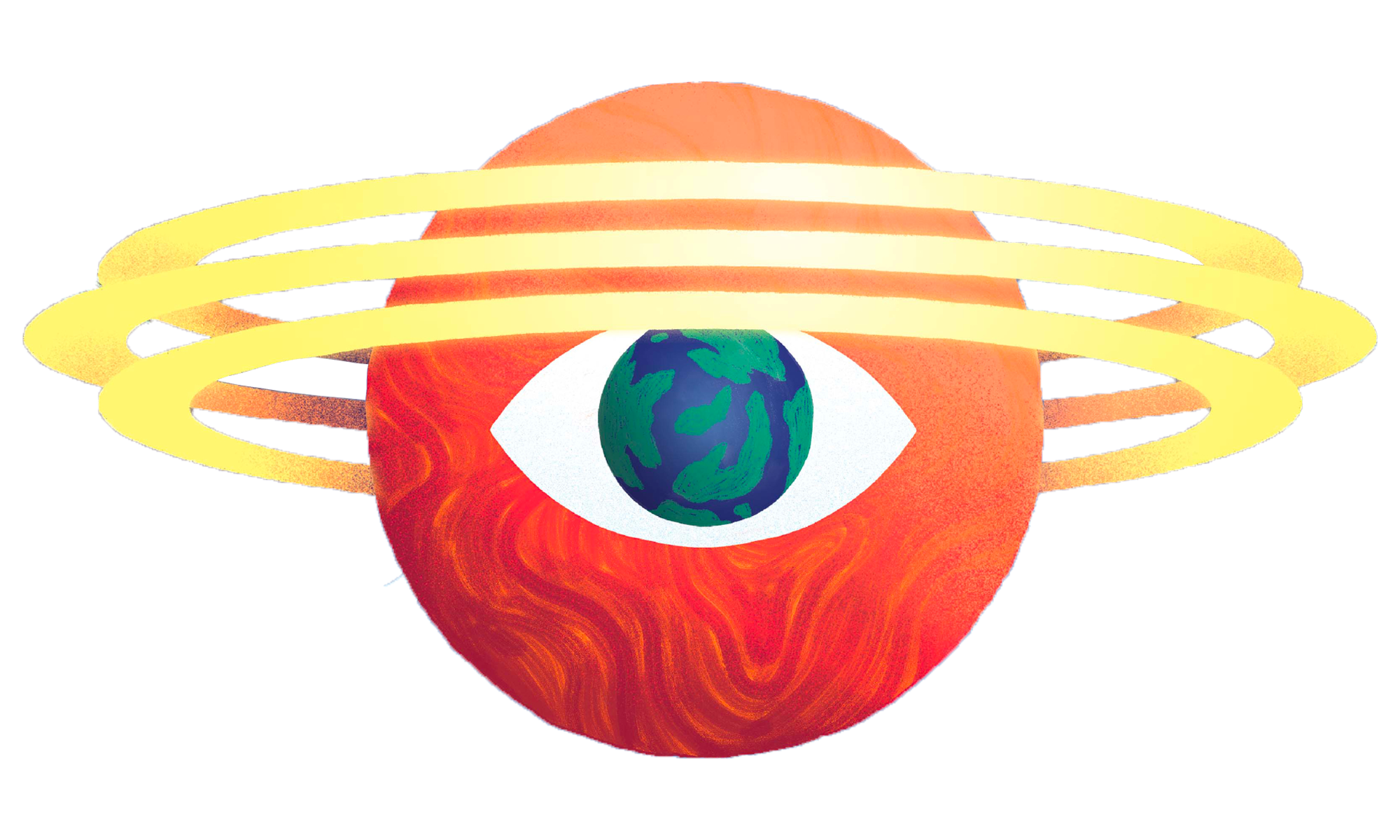Mind and Spirit in the Ethica Composition Cycle after Baruch Spinoza
Saturday, Feb 25, 2023
13:15 p.m. - 17:30 p.m.
In 2017, I began a Guggenheim Fellowship project, working on a series of works based on philosophical texts by Baruch Spinoza (1632-1677). The ongoing Ethica composition cycle explores Spinoza’s philosophy of the mind while simultaneously considering the historical dilemma of a 17th century Jewish immigrant in the Netherlands from the perspective of modern-day globalized existence. Following this historical trajectory, the composition cycle integrates phonetic aspects of Spinoza’s text with melodic material derived from Portuguese plainchant from the time of the Jewish expulsion and Torah trope from the Portuguese synagogue in Amsterdam.
Integrating elements of these chant traditions from Dutch immigrant communities of the past and present into the composition cycle, I explore the continuing relevancy and complexity of Spinoza's Enlightenment project and its relationship to statehood and belonging. While Spinoza dealt with problems of persecution, immigration, assimilation and tradition in a society dominated by Calvinist thought, these very issues become creatively engaged in the Ethics composition cycle, as the work integrates, via musical material and form, Jewish concepts of nature and the divine with Spinoza’s philosophy of the mind. I will discuss how the composition deals with these issues and how these relate to historical and contemporary questions of immigration and belonging, mind and spirit.
As the composition cycle attempts to understand, translate and give commentary to specific aspects of Spinoza’s philosophical thought, it will be necessary to understand Spinoza’s biography and historical context, as well as the theological framework for such a philosophy of mind. Spinoza’s thinking regarding the mind and consciousness can also be re-evaluated in terms of the new developments in philosophy and science. Spinoza’s concept that intuition, rationality and a larger concept of mind – connecting to nature and the divine – can also be perceived in recent attempts to define intellect and its relationship to the physical world. Such correlations connect to recent theories of emergence in physics, as examined by philosopher Grit Schwarzkopf. Integrating historical and contemporary theories of spirit and mind, the composition cycle not only responds to these theories but also transports historical realities of sound into new contemporary artistic frameworks.
Dániel Péter Biró

Dániel Péter Biró studied in Hungary, Germany, Switzerland, Austria and Israel before receiving his Ph.D. from Princeton University in 2004. From 2004-2009 he was Assistant Professor and from 2009-2018 Associate Professor for Composition and Music Theory at the University of Victoria. In 2011 he was Visiting Professor, Utrecht University and in 2014-2015 Research Fellow, Radcliffe Institute for Advanced Study, Harvard University. In 2017 he was awarded a Guggenheim Fellowship. Dániel Péter Biró is Professor for Composition at the Grieg Academy in Bergen, Norway and directs the project Sounding Philosophy as part of the Norwegian Artistic Research Program (2021-2024). Website: www.danielpeterbiro.no

